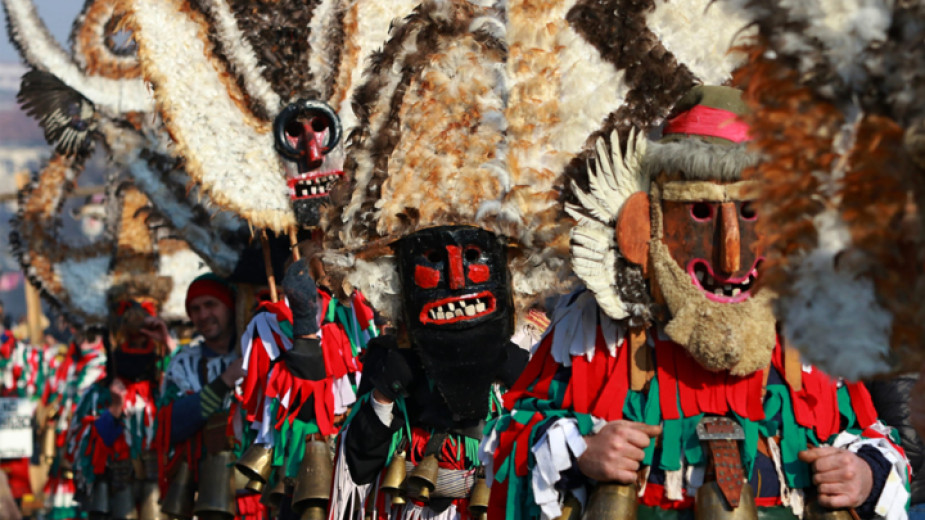 13
13
Bulgaria's town of Pernik is situated only 35 km southwest of Sofia and everyone knows it as the "town of black gold" or "the town of miners". In recent years, however, the appearance of Pernik has been changing and we increasingly associate the town with its noisy, colorful and multifaceted festival "Surva", which took its name from an ancient folk tradition of chasing away winter with a lot of noise and scary animal masks.
Since time immemorial, in the first and coldest month of the New Year, men in this part of Bulgaria have paraded in the streets masked in scary costumes known as mummers (called in Bulgarian "kukeri, survakari, babugeri"), with heavy clappers on their waists, whose ritual procession has the important role of driving away devils and starting life from scratch in the new year.
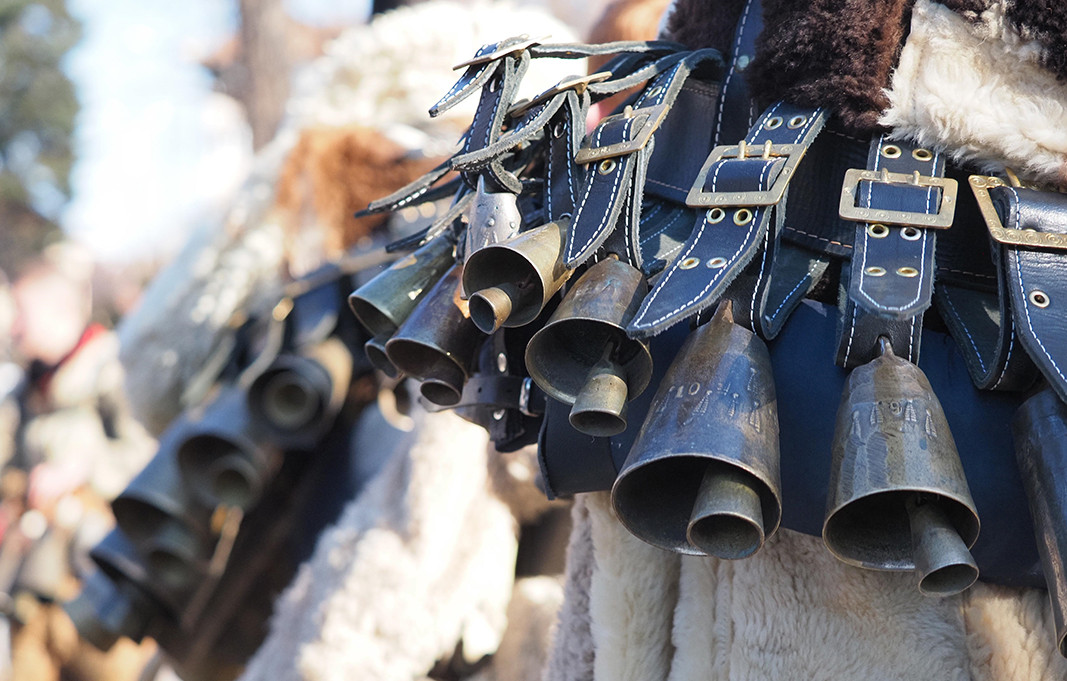
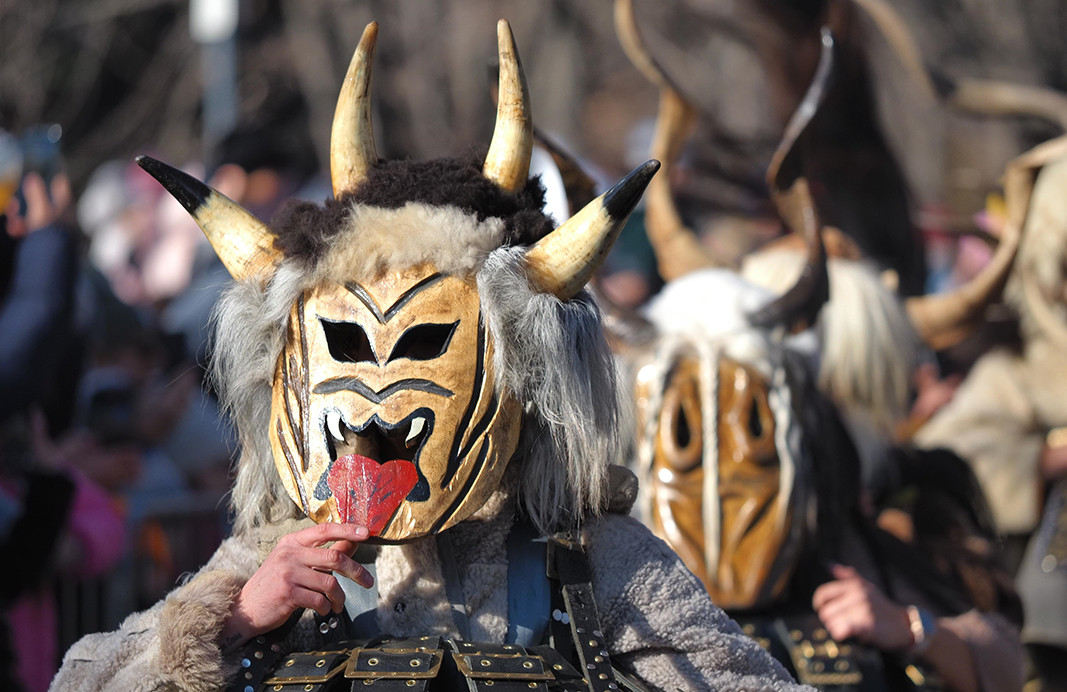
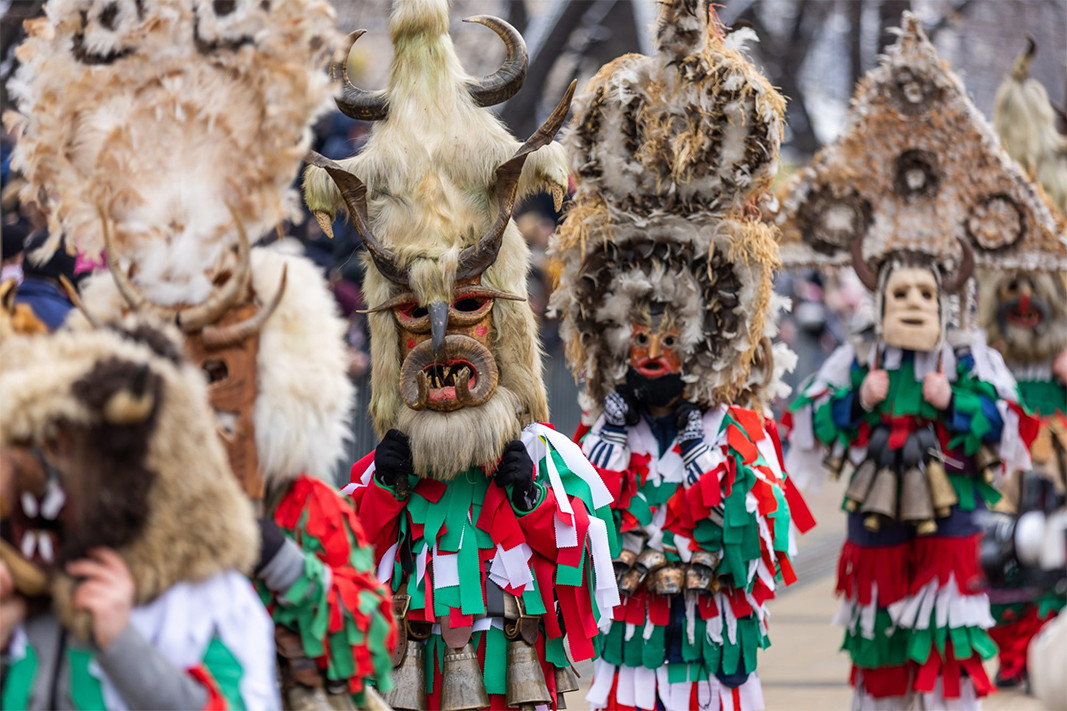
The masquerade parades start on Friday, January 24, and will continue on Saturday and Sunday, January 25 and 26, so that everyone can show the tradition of their region to the audience.
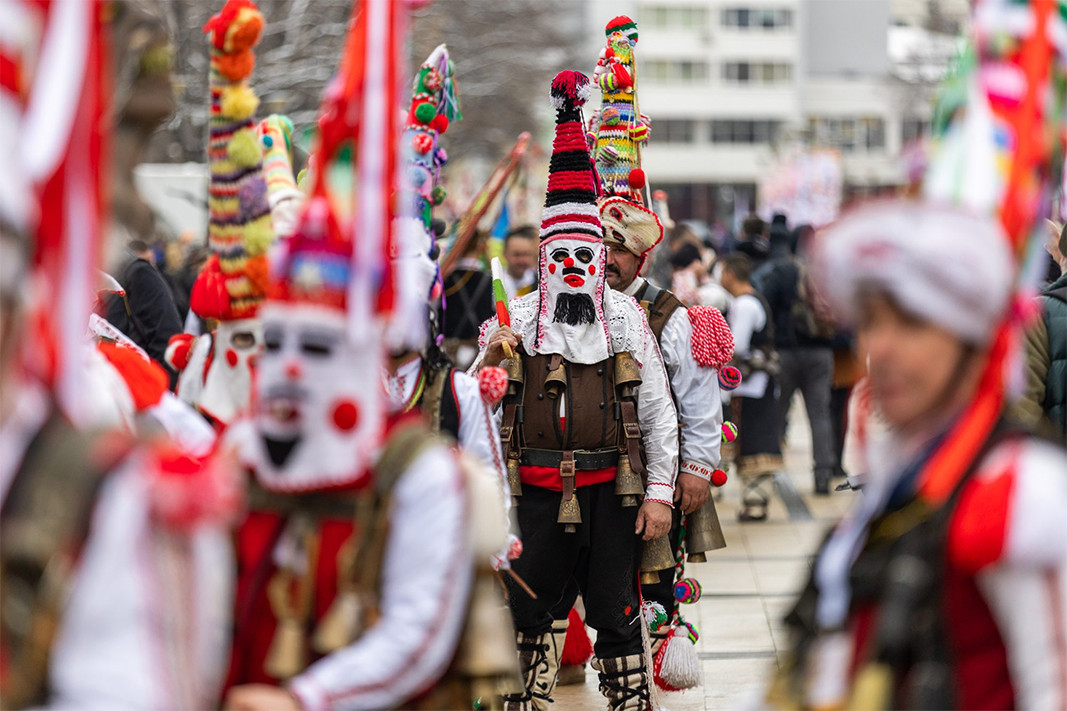
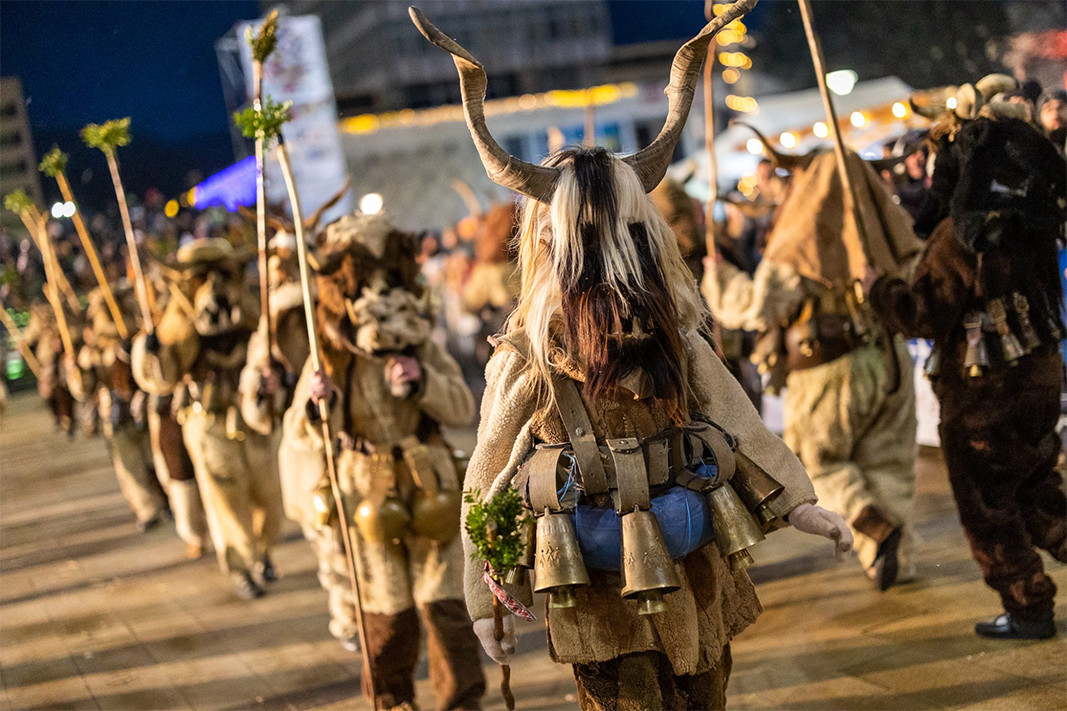
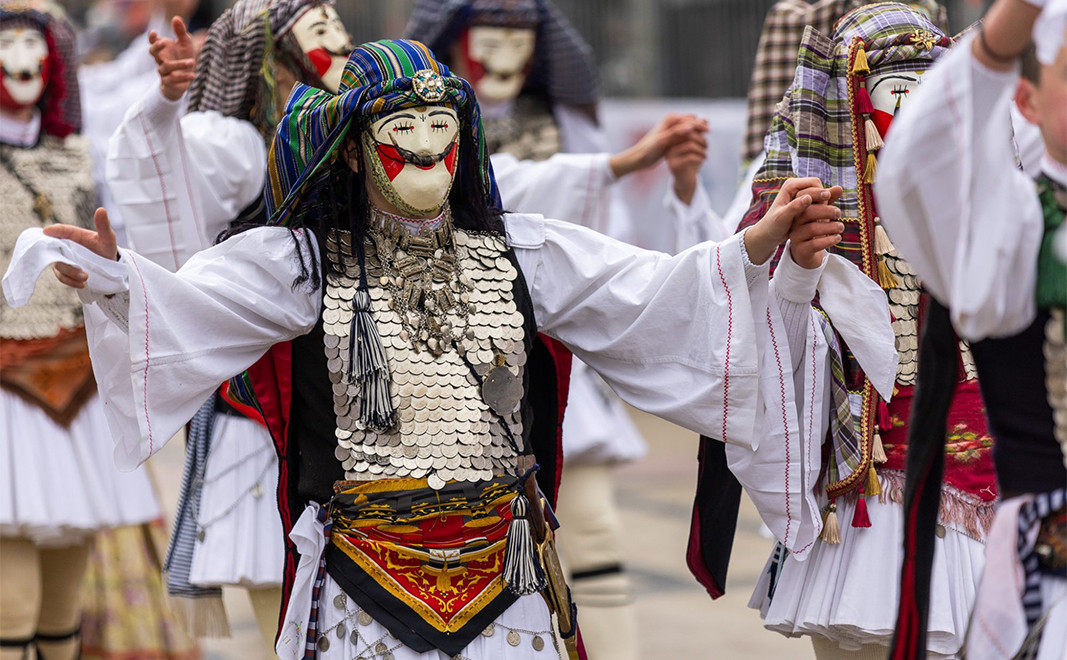
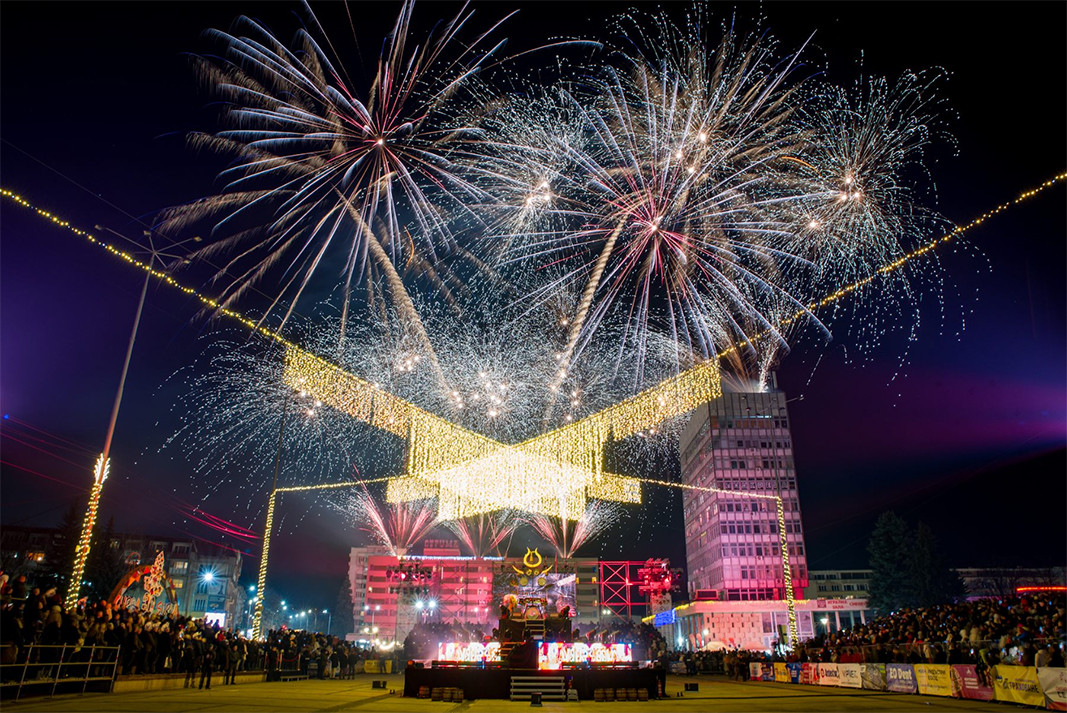
"Every year the festival has a different vision and we try to make it different every time, but the motto of these masquerade games remains unchanged, and it is "Rejoice during Surva". This is also the invitation - so come to Pernik on January 24, 25 and 26, so that we can all rejoice and have fun together at this most colorful, noisiest and largest carnival in our country, and in Europe!"
You can watch the live footage from the first day of Surva Festival at the link below:
https://www.facebook.com/watch/?v=964894482243715
You can see more photos from earlier editions of the festival in the gallery below.
If you decide to take a pleasant walk not very far away from Sofia, you can visit one of the sunniest cities in Bulgaria - Pazardzhik. We recommend starting your tour at the Regional History Museum, where you will learn about..
It's still mid-May, but the feeling of summer is already in the air. During the nice warm weekends, we want to escape the city bustle, even for a little while. That's why we decided to give you an idea for a wonderful relaxing walk in..
If you're feeling overwhelmed by the bustle of the city and are longing for some fresh air, wide open spaces and peace, then Cherni Vrah is the perfect place for you. Just a stone's throw from the busy capital, it offers us what we often miss:..

+359 2 9336 661
